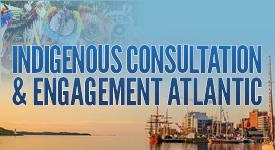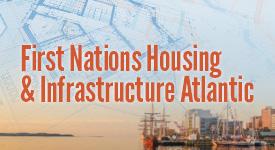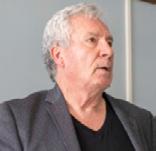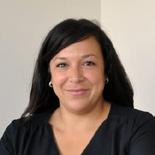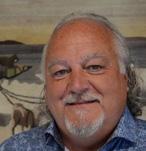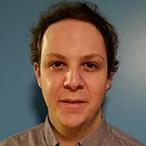Pre-Conference Workshops

9:00am –12:30pm (Registration Opens 8:30am | Break 10:30–11:00am)
WORKSHOP A: Exploring the Duty to Consult and Consultation Obligations through the Lens of Spirituality, Treaties, Title, Rights and Legislation
MICROPHONE Sandra Gogal, Partner, Cassels Brock & Blackwell LLP
This workshop will cover the essentials of Duty to Consult and consultations, examining the various sources of the duty—the common law, treaties and legislation—and respective obligations. This session is being offered in-person only.
• Triggering the common law Duty to Consult, with consideration for gray areas such as infrastructure projects
• Legal requirements for fulfilling the duty to consult, often referred to as ‘legal minimums’


• Consultation obligations in treaty agreements, including implementing modern treaty obligations
• Consultation obligations pursuant to Bill S-3, the amendment to the Indian Act to provide new entitlements to registration


• Review of the peace and friendship treaty and how it affects consultation
• Principles Respecting the Government of Canada’s Relationship with Indigenous Peoples
» Advancing reconciliation
» Recognizing rights
» Upholding the honour of the Crown
» Respecting and advancing
1:30–5:00pm (Registration Opens 1:00pm | Break 3:00–3:30pm)
WORKSHOP B: Drafting Contracts: Developing Writing Agreements for Developing and Protecting Traditional Lands
MICROPHONE Caryma Sa’d, Lawyer, Law Office of Caryma Sa’d
The first 90 minutes of this session will be instructive with a real-life look at partnership contracts, clauses, and a focus on how to tailor contracts to your organization. There will be a 30-minute refreshment break. The last hour of this session will include interactive exercises. This session is being offered in-person only.
• Understanding joint ventures, management agreements, partnerships, and strategic alliances
• Drafting consultation and accommodation policies and agreements
• Partnering with resource-sector business including forestry, mining, energy, construction, oil & gas, and tourism
A light luncheon will be served at 12:30–1:30pm to those attending both Workshops A & B.
About us:
With conferences in the United States, Europe, Asia Pacific, and Latin America, the C5 Group of Companies: American Conference Institute, The Canadian Institute, and C5 Group, provides a diverse portfolio of conferences, events and roundtables devoted to providing business intelligence to senior decision makers responding to challenges around the world.
Don’t miss the opportunity to maximize participation or showcase your organization’s services and talent. For more information please contact us at: SponsorInfo@CanadianInstitute.com
The C5 Group, comprising American Conference Institute, The Canadian Institute and C5 in Europe, is a leading global events and business intelligence company.
For over 30 years, C5 Group has proVided the opportunities that bring together business leaders, professionals and international experts from around the world to learn, meet, network and make the contacts that create the opportunities. Our conferences and related products connect the power of people with the power of information, a powerful combination for business growth and success.
Part of The Canadian Institute’s ATLANTIC CONVENTION ON INDIGENOUS AFFAIRS REGISTER NOW CanadianInstitute.com/IndigenousAtlantic • 1 877 927 7936
17, 2022
hands-helping BECOME A SPONSOR IN-PERSON ONLY
OCTOBER 18,
Conference DAY ONE
7:45 Registration and Continental Breakfast
8:45
Traditional welcome
MICROPHONE Debbie Eisan, Employment and Training Director, Mi’kmaw Native Friendship Center
9:00
Conference Co-Chairs Opening Remarks
MICROPHONE
Renée Pelletier, Managing Partner, Olthuis, Kleer, Townshend LLP
Tuma Young, Lawyer & Indigenous Law Professor, Cape Breton University
9:15
KEYNOTE ADDRESS
MICROPHONE Sacha LaBillois, Chief, Ugpi’ganjig, Eel River Bar
9:45 CHIEFS’ ROUNDTABLE
Actualizing the Spirit of Consultation from Concept to Reality
MICROPHONE Darlene Bernard, Chief, Lennox Island Mi’Kmaq First Nation
Wilbert Marshall, Chief, Potlotek First Nation
• Prioritizing the cooperation, consultation, and collaboration with indigenous communities
• Adhering to protocol, best practices for getting started
• Decolonizing the engagement and consultation process
• Communicating information through the whole community
• Creating Continuity from on a project when the people are changing
10:45 Networking Refreshment Break
11:00 CONSULTATION IN THE COURTS
Analyzing the Most Significant Legal Developments and Courtroom Decisions Affecting Consultation
MICROPHONE
Bryn Gray, Partner, McCarthy Tétrault LLP
Bruce McIver, Managing Partner, First People’s Law
In this session, our panelists will discuss and assess novel legal challenges and litigation associated with new industry trends and regulatory developments
• Navigating new legislation and legal trends affecting consultation – what new legislation?
• Analyzing recent and benchmark court room cases
» R V. Desautel (2021)
» Chippewas of Saugeen First Nation et al. v. The Attorney General of Canada (2021)
• Assessing the value of lost Indigenous lands and opportunity and the fiduciary obligation on the Crown, in the case of Southwind v Canada (2021)
• Calculating economic befits derived from Indigenous rights, with a look at the landmark decision, of Ermineskin Cree Nation v Canada (Environment and Climate Change) (2021)
12:00 CASE STUDY
How to Effective Consult with a First Nations Community Operating with Land Code Jurisdiction
MICROPHONE
Samantha Noganosh, Lands, Resources and Environment Department Manager, Magnetawan First Nation
Operating with a land code for over six years, Magnetawan First Nation has made environmental protection activities a priority. This session will discuss how to effectively consult with a nation operating with a land code.
• Participating in meaningful engagements as signatories to the Framework Agreement on First Nation Land Management
• Demonstrating how land code jurisdiction effects the Species at Risk Program
• Implementing climate change strategies and environmental monitoring
12:45 Networking Luncheon
2:00 UNDRIP ROUNDTABLE
Implementing the UN Declaration Next Steps and How it will Impact Indigenous Rights
MICROPHONE Tuma Young, Lawyer & Indigenous Law Professor, Cape Breton University
Kimberley Zinck, Director General, Nòkwewashk (No-kwe-wahshk), Natural Resources Canada
The United Nations Declaration on the Rights of Indigenous Peoples Act received Royal Assent in Canada in June 2021. This Act provides a roadmap for the Government of Canada and Indigenous peoples to work together to implement the Act based on lasting reconciliation, healing, and cooperative relations. This session will discuss the legal implementation and adoption of the legislation as well as unpacking how it is to work in practice.
• Examining the federal government’s implementation strategy for the act including timelines
• Determining best practices for cooperation, consultation, and collaboration with indigenous communities
• Analyzing the provincial framework of UNDRIP
• Determining whether UNDRIP helps or hinders consultation
» Calculating how UNDRIP protects lands, water, and resources
» Reviewing how other provinces are using this a toolkit
Government
6 | #IndigenousATL twitter: @VOICES_CI linkedin: VOICES: Bringing Together Indigenous, Industry and
Perspectives
2022 Main
Building Economic Development Partnerships and Achieving Mutual
Opportunities
MICROPHONE James Richardson, Councillor, Economic Development Portfolio, Pabineau First Nation
Tom Mann, Aboriginal Relations, Belledune Port Authority
• Reviewing the Indigenous Champion file and understanding how it aims to increase the number of business opportunities for Fist Nation Communities in Atlantic Canada
• Determining how to expand traditional knowledge including Indigenous culture and history,
understanding how it impacts project development
• Developing strategies to for renewable energy growth and Indigenous involvement
Understanding power purchase agreements, royalties, and solar technologies
CULTURE CONNECTION and Networking Refreshment Break
MICROPHONE Cheyenne Labrador, Coalition Coordinator, Mi’kmaw Native Friendship Centre
Tuma Young, Lawyer & Indigenous Law Professor, Cape Breton University
Back by popular demand! During this organized networking session delegates are encouraged to visit and chat with the cultural representatives to learn about different communities, organizations and support services.
• Discovering historical and geographical specific pertaining to different communities
• Exploring values and spiritual beliefs
• Discussing how community perspectives may influence the consultation process
4:00
How Recent Land Claims Have Impacted the Consultation Process
– What You Need to Know
MICROPHONE Renée Pelletier, Managing Partner, Olthuis, Kleer, Townshend LLP
• Analyzing recent land title claims and what it means for the future of the consultation process
» Wolastekuy Nation title claim
• Networking the implications for relations between industry, first nations, regulators, and government.
• Exploring comprehensive claims, also known as a modern treaty, and the impact on Indigenous rights
• Determining what can warrant a specific claim, including unmet government obligations under historical treaties, or the Indian Act
• Examining differences between consultations processes when there is a land claim, pending or resolved
• Exploring comprehensive claims, also known as a modern treaty, and the impact on Indigenous rights
5:00
Remarks from the Co-Chairs, Conference Adjourns
OCTOBER 19, 2022
Main Conference DAY TWO
8:00 Registration Opens and Refreshments are Served
8:45
Conference Co-Chairs Opening Remarks
MICROPHONE Renée Pelletier, Managing Partner, Olthuis, Kleer, Townshend LLP
Tuma Young, Lawyer & Indigenous Law Professor, Cape Breton University
8:50
KEYNOTE ADDRESS
MICROPHONE Justice D. Timothy Gabriel, Judge, Supreme Court of Nova Scotia
9:30 GOVERNMENT ROUNDTABLE
Priorities and Initiatives for Consultation Relationship Building
MICROPHONE Adam Levine, Team Leader, Indigenous Relations, and Participant Funding, Canadian Nuclear Safety Commission
This discussion will address the consultation priorities of government speakers as well as the barriers and pathways to achieve those priorities.
• Knowing with whom to consult, including who speaks for which organizations, off-reserve groups, and native councils
• Consulting amid overlapping territories
• Identifying when consultation is legitimate and when it will be questioned
10:30 Networking Refreshment Break
10:45
How to Obtain a Moderate Livelihood Fishery: Indigenous Rights and Understanding the Meaning of Moderate Livelihood
MICROPHONE Janice Maloney, Executive Director, Mi’kmaq Rights Initiative
Twila Gaudet, BA, LL.B., Director of Consultation, Mi’kmaq Rights Initiative
Multiple First Nation in Nova Scotia have reached understandings with the federal Department Fisheries and Oceans for a moderate livelihood fishery. This session will look at how that was achieved by the Mi’kmaq and explore Indigenous Rights.
• Developing and implementing livelihood fishing plans unique to each community
• Enabling First Nations to fish and sell their catch in pursuit of a livelihood this season
• Discussion on fish quotes between Indigenous and non-indigenous fishers
• Determining how to launch new fishing operations
Part of The Canadian Institute’s ATLANTIC CONVENTION ON INDIGENOUS AFFAIRS REGISTER NOW CanadianInstitute.com/IndigenousAtlantic • 1 877 927 7936 2:45
Growth
and
»
3:30
11:45 INDUSTRY INITIATIVES
Best Practices for How to Engage and Collaborate with First Nation Groups on Natural Resource Projects
MICROPHONE Alexander J Levi, RIRSD Table Coordinator & Co-Communication Engagement Coordinator, Kopit Lodge
Jesse Perley, Director of First Nations Affairs, NB Power
Dan Villeneuve, President, Great Northern Port
Shirley P Dawe, Executive Director, Crown-Indigenous Consultation Coordination/ Nòkwewashk, Natural Resources Canada
• Exploring priorities and initiatives for consultation and relationship building
• Analyzing the federal government’s latest guidance document on engaging with First Nation communities
• Debating best practices for capacity building to ensure First Nation groups can participate in their own projects
• Outlining different methods of training to First Nation groups
• Determining how to effectively source funding
• Evaluating whether an Indigenous group or community group is interested in your project
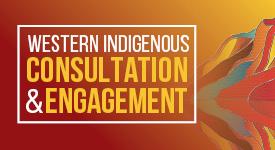
• Tailoring engagement and consultation practices to specific regions, and specific communities
12:45 Networking Luncheon
1:45 CASE STUDY
Reviewing the DFO’s Decision to Redistribute Quota in Baby Eel Fishery Mi’kmaw Bands
MICROPHONE Patrick Polchies, Director, Kingsclear First Nation
This session will analyze the Department of Fisheries and Ocean’s quota on commercial baby eel fishery and outline potential limitations, challenges, and determining its impact on fishery livelihood.
2:45
Accommodation and Resource Revenue Sharing Agreements
MICROPHONE Bruce McIver, Managing Partner, Counsel for Kopit Lodge, First People’s Law
This session will discuss new ways of thinking about resources revenue sharing from the natural resource projects, mining energy, gas, and forestry industry.
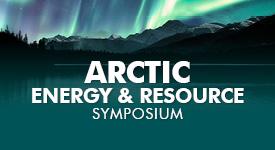
• Examining trends in accommodation and resource revenue sharing
• Partnering with resource-sector businesses including forestry, mining, energy, construction, oil & gas and tourism
• Paying royalties and reporting
3:30
Closing Remarks from the Conference Co-Chairs Conference Concludes
LEGAL ACCREDITATION
EARN CPD CREDITS
This 2-day conference program can be applied towards 3.5 substantive hours of annual Continuing Professional Development (CPD) as required by the Law Society of Ontario. As well Workshop A and Workshop B can both be applied toward 3 hours substantive credits.
The same number of hours may be applied to your continuing legal educational requirements in British Columbia.
The Barreau do Québec recognizes this training activity, the latter having been accredited by another Law Society subject to the MCLE.
For Alberta lawyers, consider including this course as a CPD learning activity in your mandatory annual Continuing Professional Development Plan as required by the Law Society of Alberta.
The Law Society of Saskatchewan recognizes another province’s CPD credits so long as the hours are submitted to the Director of Admissions & Education for approval.
Upcoming Related Events
February 23–24, 2023 | Edmonton, AB March 22–23, 2023 | Calgary, AB
Industry and Government
8 | #IndigenousATL twitter: @VOICES_CI linkedin: VOICES: Bringing Together Indigenous,
Perspectives
VENUE INFORMATION

10 | #IndigenousATL twitter: @VOICES_CI linkedin: VOICES: Bringing Together Indigenous, Industry and Government Perspectives In-Person Conference – Indigenous, Government and Non-Profit Organizations† In-Person Conference – Indigenous, Government and Non-Profit Organizations† In-Person Conference – Indigenous, Government and Non-Profit Organizations† Workshops (A/B) – Add these Workshops to your Main Conference Pass or Book Separately Inaugural Forum on First Nations Housing and Infrastructure Atlantic – October 19 Inaugural Forum on Cumulative Effects Assessment and Environmental Management Atlantic – October 20 In-Person Conference – Regular Price In-Person Conference – Regular Price In-Person Conference – Regular Price PRICING – 6th Annual Conference on Indigenous Consultation & Engagement Atlantic $1495 $1095 $1095 $495 each $1795 $1295 $1295 $1695 $1195 $1195 $1995 $1395 $1395 CONFERENCE CODE: 377W23-HAL © The Canadian Institute, 2022 To update your contact information and preferences, please visit https://www.CanadianInstitute.com/preference-center/. Terms & conditions and refund/cancellation policies can be found at CanadianInstitute.com/company/faq/ All program participants will receive an online link to access the conference materials as part of their registration fee. Additional copies of the Conference Materials available for $199 per copy. Register & Pay after September 9, 2022 Register & Pay by September 9, 2022 Book with confidence! Register and pay to lock in your early rate and be eligible for a full refund until October 5. If you are unable to attend for any reason, you will have the following options: y A full credit note for you, or a colleague to attend another event. y A full refund. All cancellations and changes must be submitted to CustomerService@CanadianInstitute.com by October 5. WORRY FREE Registration GUARANTEE Join Our Email List to Stay Connected SIGN UP TO RECEIVE EXCLUSIVE DISCOUNTS, OFFERS AND PROGRAM UPDATES CanadianInstitute.com/elist/ †Only Indigenous Communities and employees of Government/Non-Profit organizations qualify for this special pricing offer. This special price cannot be combined with group rates or any other special offer. CI reserves the right to review eligibility for this special rate. *APPLICABLE TAXES WILL BE ADDED TO ALL REGISTRATIONS SHARE THE LEARNING AND TAKE ADVANTAGE OF THE IN-DEPTH TRAINING OPPORTUNITIES FOR EACH MEMBER OF YOUR TEAM AT:
The Canadian Institute is pleased to offer our delegates a limited number of hotel rooms at a negotiated rate. To take advantage of these rates, please contact the hotel directly and quote “The Canadian Institute” Hotel: Hotel Halifax Address: 1990 Barrington Street, Halifax NS B3J 3L6 Reservations: (902) 425-6700 Please note that the guest room block cut-off date is September 30th, 2022. After that date OR when the room block fills, guestroom availability and rate can no longer be guaranteed. Looking to Register? Contact our Customer Service Representatives: Mark Parrish, The Canadian Institute M.Parrish@CanadianInstitute.com 877 927 0718 x7207 Use Registration Code: B00-999-MPH23 Fadumo Omer, The Canadian Institute F.Omer@CanadianInstitute.com 877 927 0718 x7361 Use Registration Code: B00-999-FOR23
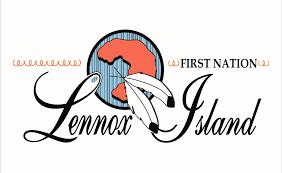
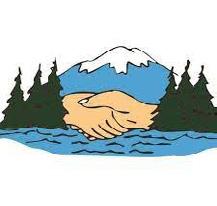
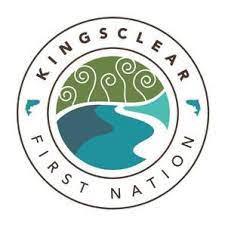

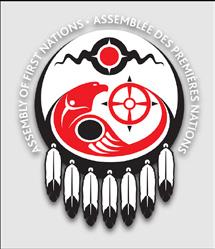




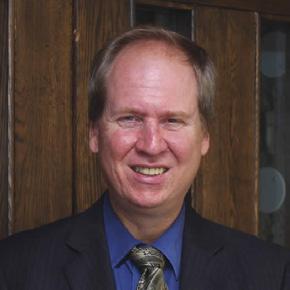


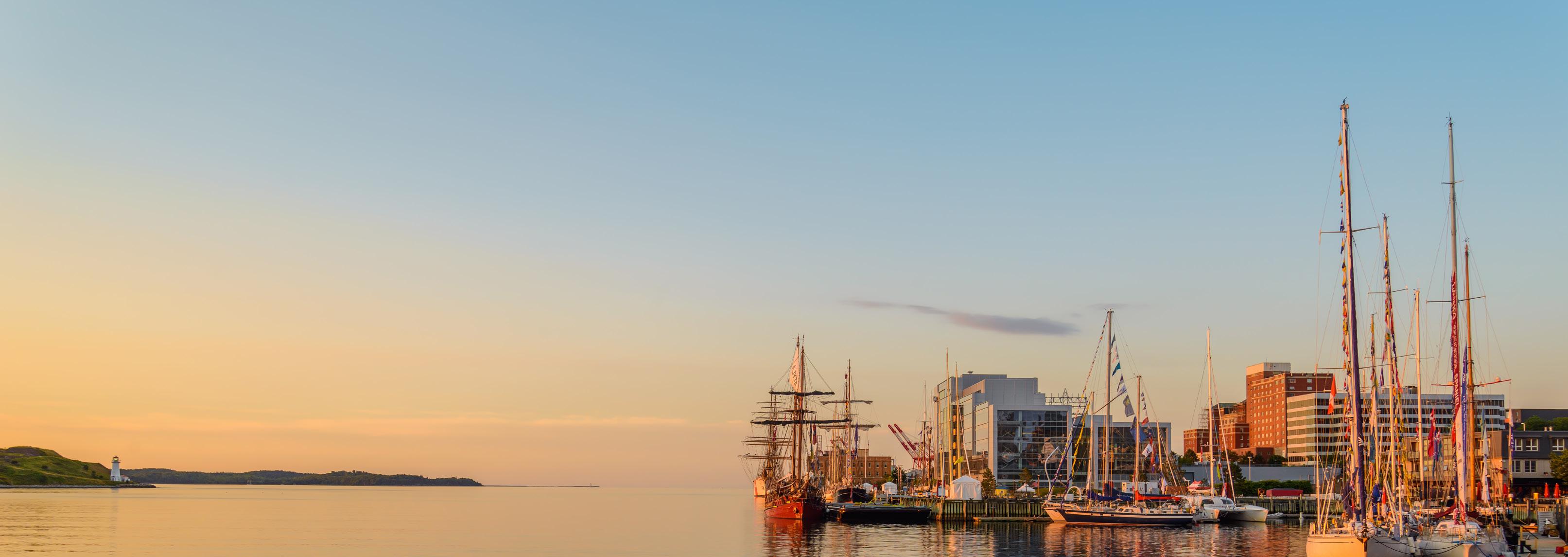

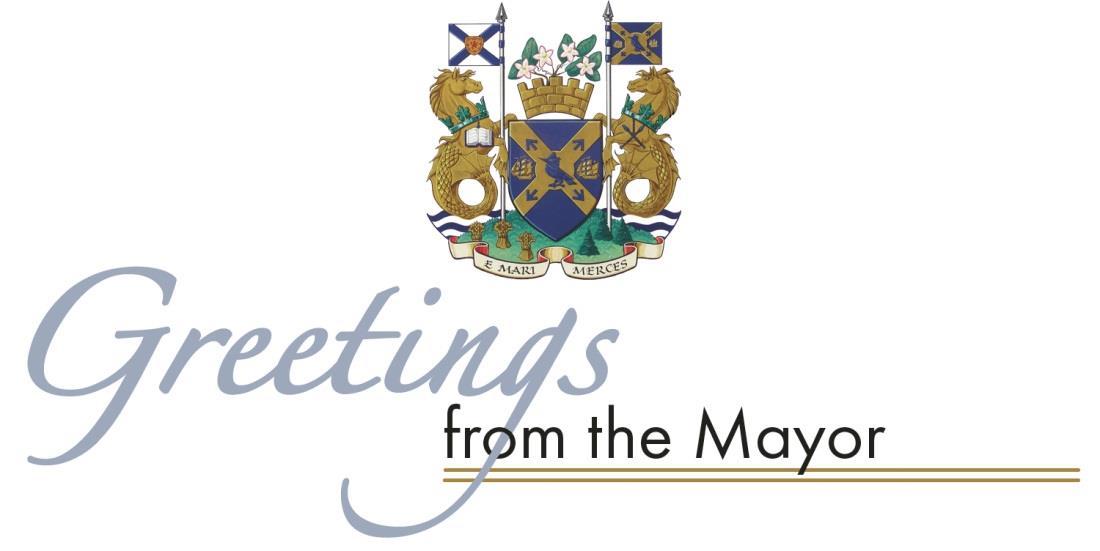

 Tuma Young Lawyer & Indigenous Law Professor Cape Breton University
Tuma Young Lawyer & Indigenous Law Professor Cape Breton University


